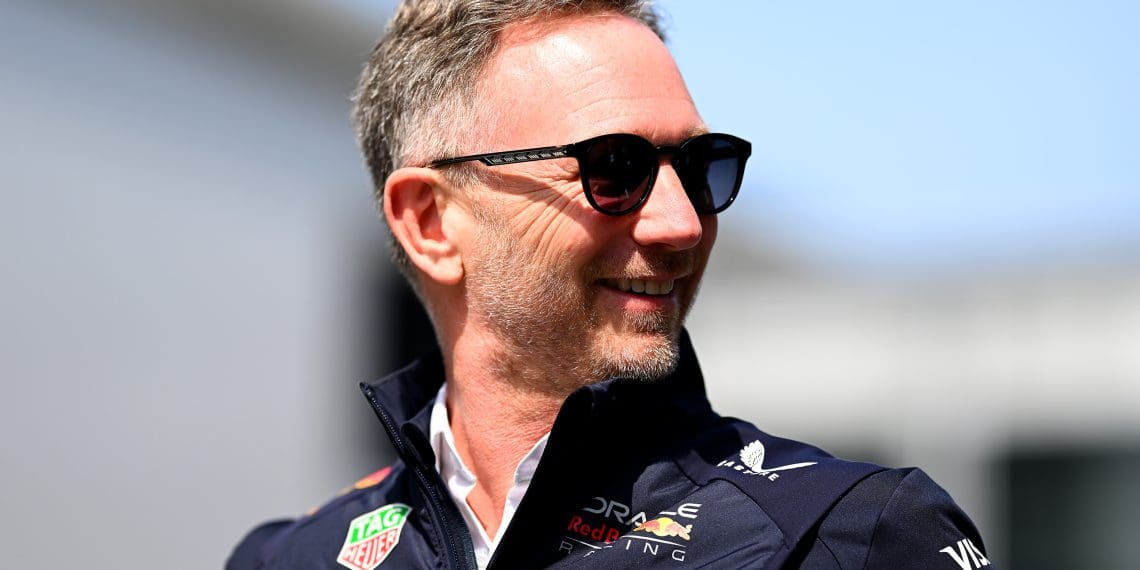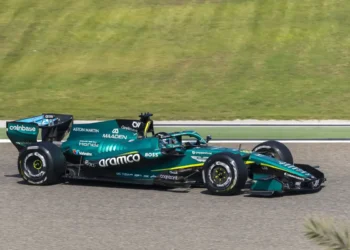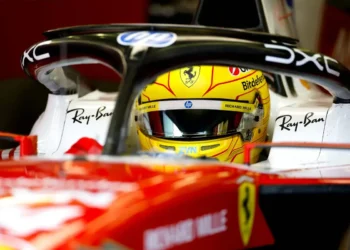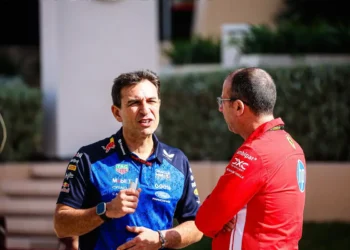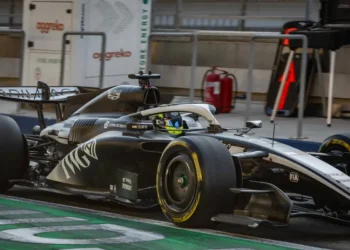Red Bull Chief Urges F1 to Learn from History and Avoid Repetition of Mercedes’ Dominance in 2014 with New Engine Rules
In a bold move to prevent a resurgence of Mercedes’ overwhelming dominance in Formula 1 back in 2014, Christian Horner, the head of Red Bull Racing, is calling for a strategic approach as the sport gears up for the introduction of a new engine formula next year.
During a crucial meeting between FIA president Mohammed Ben Sulayem and Formula 1’s OEMs in Bahrain on Friday, discussions revolved around the potential reintroduction of V10 engines alongside sustainable fuels, raising concerns about escalating costs, performance gaps, and the need for convergence in the upcoming regulations.
Despite the allure of V10 engines, the consensus among stakeholders seems to favor prioritizing the success of the 2026 engine rules. These regulations are expected to see the current hybrid powertrains running on 100% sustainable fuels, with modifications like the removal of the MGU-H system and a more balanced distribution of power between electrification and internal combustion.
Horner emphasized the importance of avoiding significant performance differentials among teams, recalling the struggles Red Bull faced with engine supplier Renault during the era of hybrid engines. With Red Bull set to debut its own powertrain in collaboration with Ford, Horner is keen on achieving convergence swiftly to ensure competitive racing and prevent a repeat of the Mercedes dominance from the past.
As F1 prepares for the entry of new OEMs like Audi and Honda in 2026, the debate over switching to V10 engines has been met with resistance. Horner echoed this sentiment, citing the substantial investments made by teams like Red Bull in aligning with the current set of regulations.
While Horner admitted to a personal fondness for the nostalgia of V10 engines, he stressed the need for a responsible approach that integrates electrification into the future engine designs. The focus remains on the upcoming 2026 regulations, but discussions have also been initiated regarding the potential inclusion of V10 engines in the sport’s future, indicating a willingness to explore all possibilities for enhancing F1’s appeal to fans and manufacturers alike.
With the 2026 regulations set in motion, the door is not entirely closed on the prospect of V10 engines making a comeback in the sport’s evolving landscape. The ongoing dialogue between power unit manufacturers and the FIA underscores a collaborative effort to shape the future of Formula 1 and maintain its position as a pinnacle of motorsport innovation.

